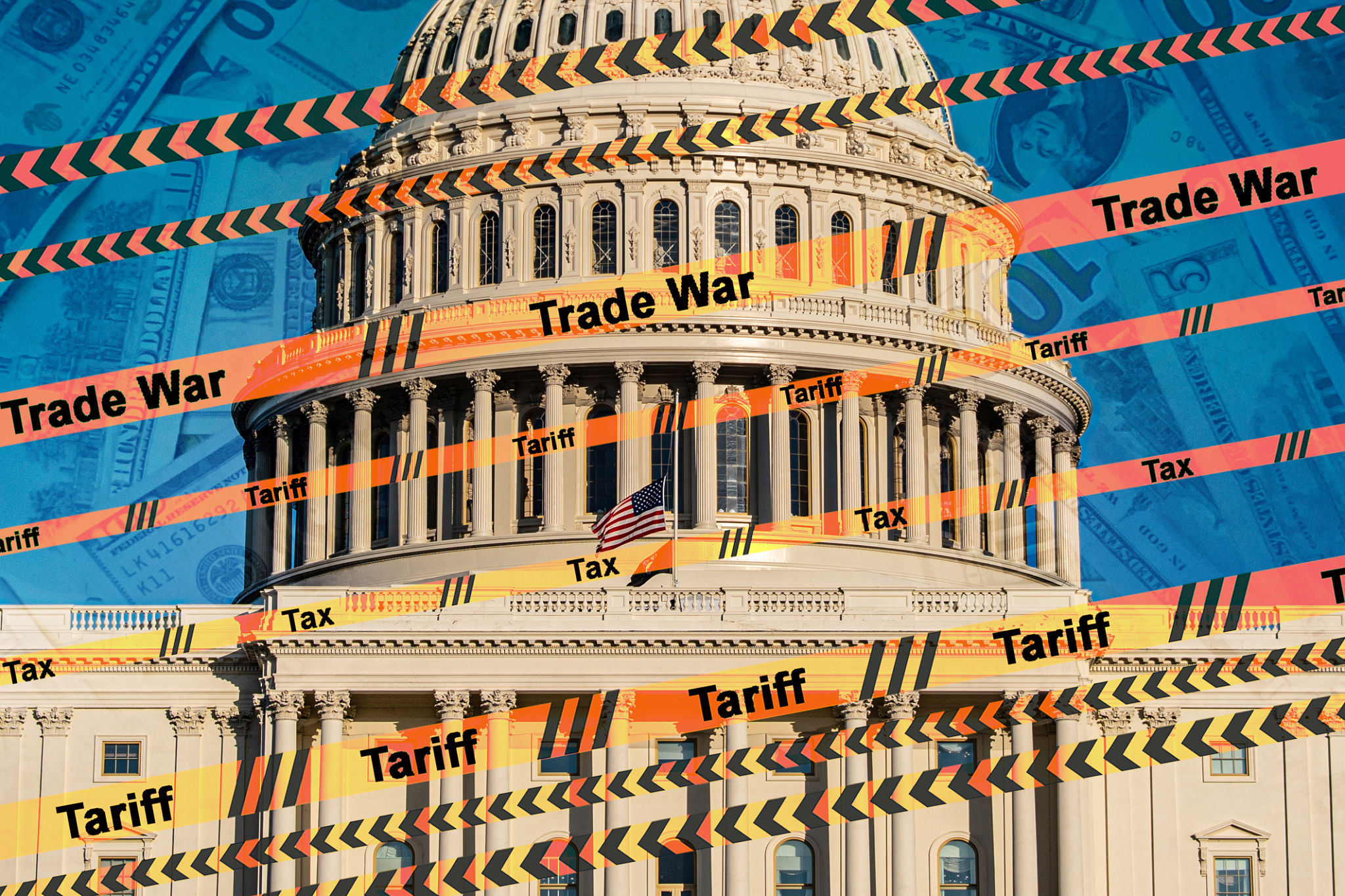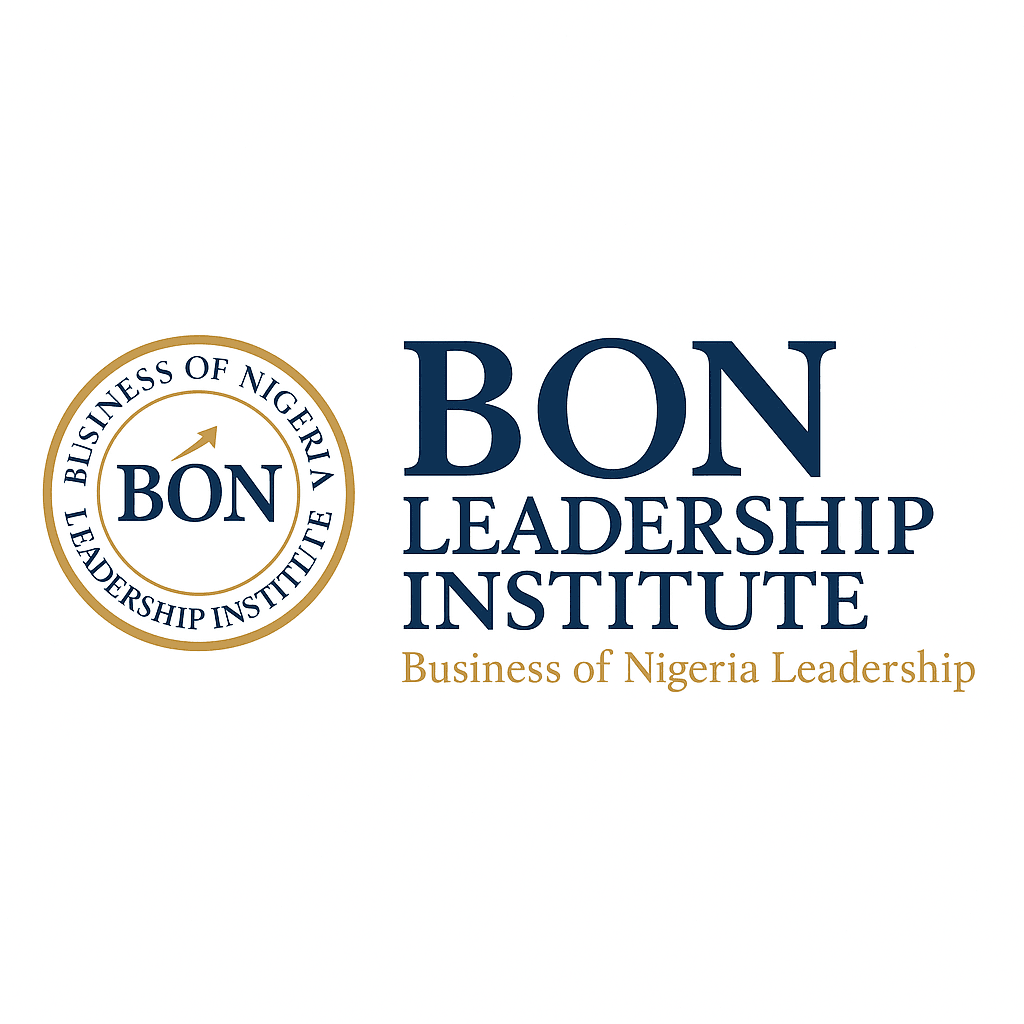Exploring the Role of Ethical Leadership in Modern Governance
Understanding Ethical Leadership
In today's rapidly evolving political landscape, the concept of ethical leadership has gained significant traction. Ethical leadership refers to leaders who prioritize integrity, transparency, and fairness in their decision-making processes. This approach not only fosters trust among constituents but also serves as a guiding principle for sustainable governance. As society continues to demand higher standards from its leaders, the role of ethical leadership in modern governance becomes increasingly crucial.

The Core Principles of Ethical Leadership
At the heart of ethical leadership are core principles such as accountability, responsibility, and respect. Ethical leaders are committed to making decisions that are not only beneficial to their constituents but also align with moral and ethical standards. This involves being accountable for their actions, taking responsibility for the outcomes of their decisions, and showing respect for all individuals involved in the governance process.
Furthermore, ethical leaders are often characterized by their commitment to transparency. They openly communicate their intentions, policies, and decisions with the public, ensuring that there is no ambiguity or hidden agendas. This transparency helps build trust and confidence among citizens, which is essential for effective governance.
The Impact of Ethical Leadership on Governance
Ethical leadership has a profound impact on governance structures by promoting a culture of integrity and trust. When leaders act ethically, they set a standard for others to follow, leading to a ripple effect throughout governmental institutions. This can result in more effective policy implementation, as well as increased public support and engagement.

Moreover, ethical leadership contributes to reducing corruption and unethical practices within government entities. By establishing clear ethical guidelines and holding individuals accountable, leaders can deter corrupt behavior and ensure that resources are used appropriately for the benefit of society.
Challenges in Implementing Ethical Leadership
Despite its importance, implementing ethical leadership in modern governance is not without challenges. One major obstacle is the varying interpretations of what constitutes ethical behavior across different cultures and societies. Leaders must navigate these differences while maintaining a consistent ethical stance.
Additionally, political pressures and short-term goals can often tempt leaders to compromise their ethical standards. The demand for quick results may lead to decisions that prioritize immediate gains over long-term sustainability. Ethical leaders must resist these pressures and remain steadfast in their commitment to ethical governance.

Strategies for Promoting Ethical Leadership
Promoting ethical leadership within governance requires a comprehensive approach. Educational initiatives that emphasize the importance of ethics in leadership can help cultivate future leaders who prioritize integrity. Workshops and training programs focused on ethical decision-making can further reinforce these values among current leaders.
Furthermore, establishing independent oversight bodies can ensure that ethical standards are consistently upheld across governmental institutions. These bodies can monitor compliance with ethical guidelines and hold leaders accountable for any violations.
The Future of Ethical Leadership in Governance
As we look to the future, the role of ethical leadership in modern governance will likely continue to expand. With increasing public awareness and demand for transparency, leaders will need to adapt to these expectations by incorporating ethical considerations into every aspect of their governance strategies.
Ultimately, ethical leadership is not just about adhering to moral principles; it is about creating a governance framework that prioritizes the well-being of society as a whole. By embracing these values, leaders can foster a more just and equitable world for future generations.
